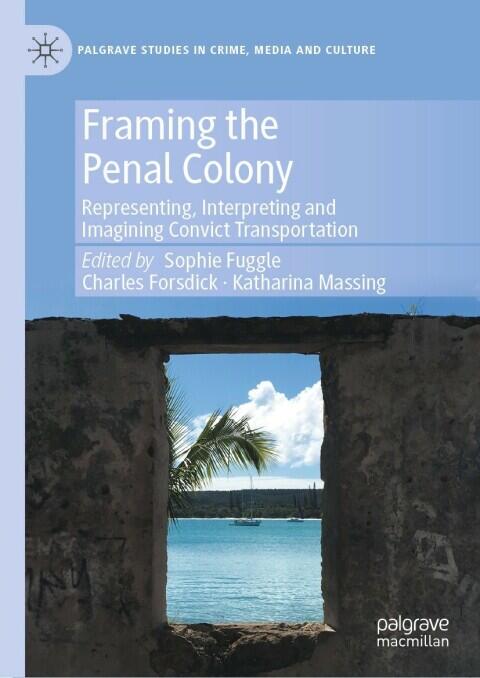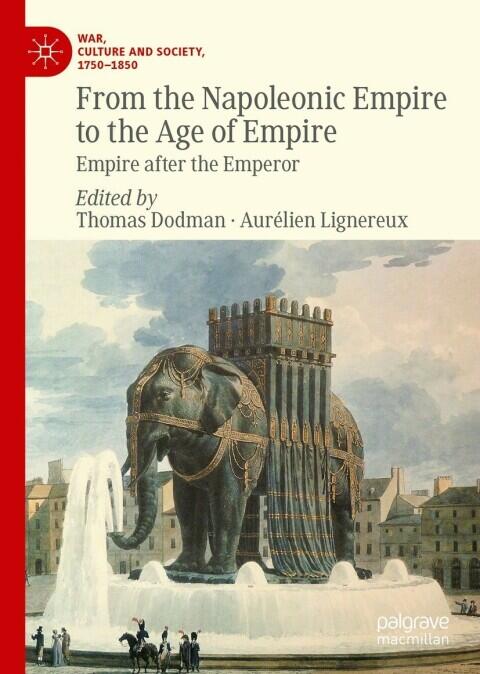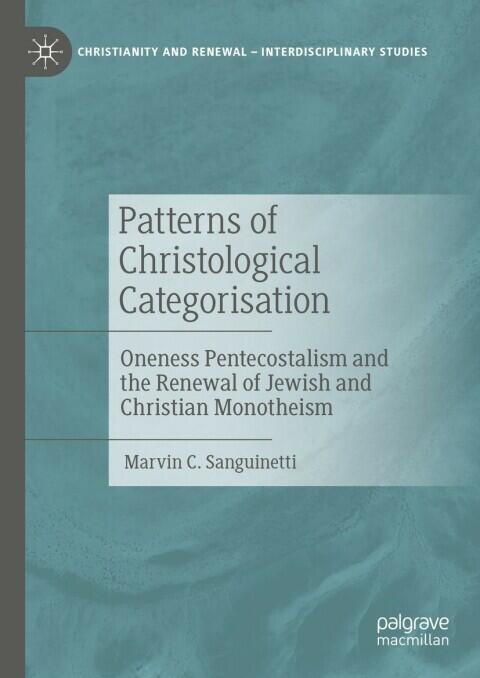
Framing the Penal Colony: Representing, Interpreting and Imagining Convict Transportation
Edition: 2
Language: German
Format: Kindle
ISBN 10: 3031193962
ISBN 13: 9783031193965
Publication date:
January 1st, 2023
Publisher: Palgrave Macmillan
Pages: 435
Genres: History
Elisabeth Schartner delves into the complex history and cultural narratives surrounding penal colonies, providing a multifaceted exploration of convict transportation. By weaving together historical accounts with modern interpretations, the author sheds light on how these colonies have been portrayed and understood across different eras. The book invites readers to consider the evolving perspectives on punishment, crime, and societal norms, revealing the intricate relationships between governance, culture, and human rights.
Schartner's analysis extends beyond mere historical recounting, as she engages with various media and cultural artifacts that shape public perception of penal colonies. Through critical examination, she highlights the power dynamics involved in representation and the implications these narratives have on contemporary views of justice and morality. The work serves as both a scholarly investigation and an accessible commentary on issues that resonate today.
In exploring the imaginative aspects of convict transportation, the work challenges readers to reflect on their own interpretations of justice and punishment. By framing penal colonies within a broader cultural context, Schartner’s examination offers valuable insights into how history can inform present-day discussions on crime and its consequences.
Schartner's analysis extends beyond mere historical recounting, as she engages with various media and cultural artifacts that shape public perception of penal colonies. Through critical examination, she highlights the power dynamics involved in representation and the implications these narratives have on contemporary views of justice and morality. The work serves as both a scholarly investigation and an accessible commentary on issues that resonate today.
In exploring the imaginative aspects of convict transportation, the work challenges readers to reflect on their own interpretations of justice and punishment. By framing penal colonies within a broader cultural context, Schartner’s examination offers valuable insights into how history can inform present-day discussions on crime and its consequences.











